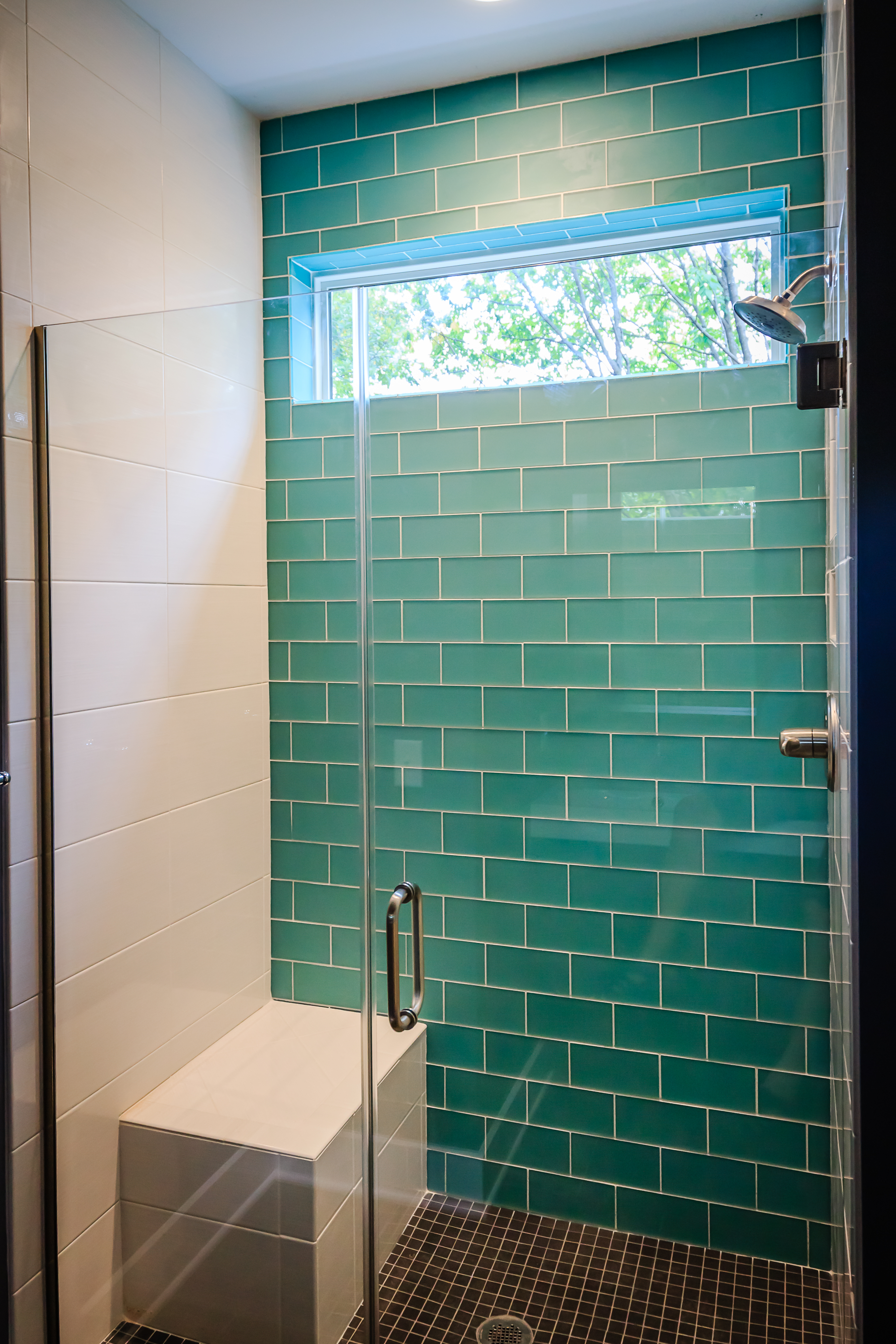Green Terms Defined: Grey Water System
Wastewater from bathtubs, shower drains, sinks, washing machines, and dishwashers is considered grey water. Grey water can be recycled for irrigation, toilet flushing, and exterior washing uses. This conserves potable water resources. Incorporating plumbing systems that separate grey water from black water which can result in costs savings.
Greywater may contain traces of dirt, food, grease, hair, or cleaning products. It can look dirty but is beneficial to use as an irrigation as a beneficial fertilizer. Reusing greywater not only saves on water usage, but also reduces the amount of water that is sent through the septic or sewer system.

Basic Greywater Guidelines
1. Don’t store greywater for more than 24 hours. The nutrients start to break down and can create a bad odor.
2. Minimize contact with greywater to reduce the chance that a human or animal might drink from the source.
3. Infiltrate greywater into the ground, don’t allow it to pool again to reduce the chance of humans or animals drink it or mosquito breeding.
4. Keep your system as simple as possible as it will last longer and cost less to implement.
5. Install a 3-way valve for easy switching between the greywater system and the sewer / septic.





